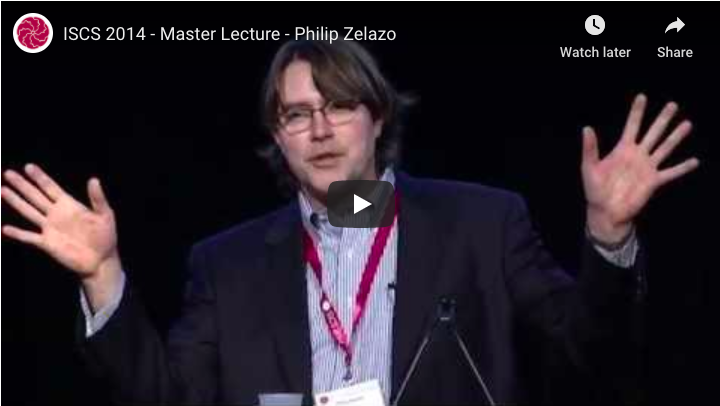Early childhood is marked by substantial development in self-regulatory skills, such as executive function (EF), that support school readiness and socioemotional competence. Indeed, individual differences in EF in childhood predict a wide range of important developmental outcomes, including physical health, and EF is increasingly a target of therapeutic, remedial, and universal interventions. This lecture will address recent advances in research on EF and discuss the implications of this research for the design and implementation of effective ways to support the healthy development of EF. Research on prefrontal cortical structure and function, for example, has sharpened our understanding of the neurocognitive processes underlying EF that may be targeted for training, and revealed periods during which EF-related neural systems show heightened sensitivity to environmental influences. Following a brief introduction that presents a view of neurocognitive development as a dynamic process of adaptation involving both more top-down (controlled) regulatory processes and more bottom-up (automatic) influences on behavior, this lecture will cover recent research on interventions for young children. One example is mindful- ness training — using age-appropriate activities to exercise children’s reflection on their moment-to-moment experiences. Mindfulness training may support the development of self-regulation by targeting top-down processes while modifying bottom-up influences (such as anxiety, stress, curiosity) to create conditions conducive to reflection.

Phil Zelazo, PhD
University of Minnesota
Convening Faculty, Planning Committee Member, Reviewer
Phil Zelazo is the Nancy M. and John E. Lindahl Professor at the Institute of Child Development, University of Minnesota. His research has helped shape current understanding of executive function … MORE


